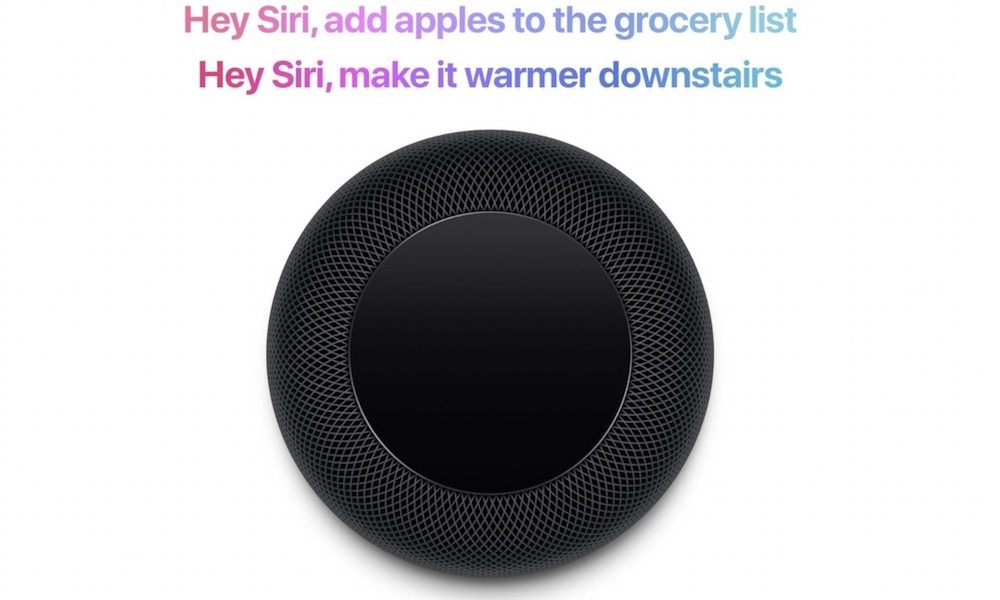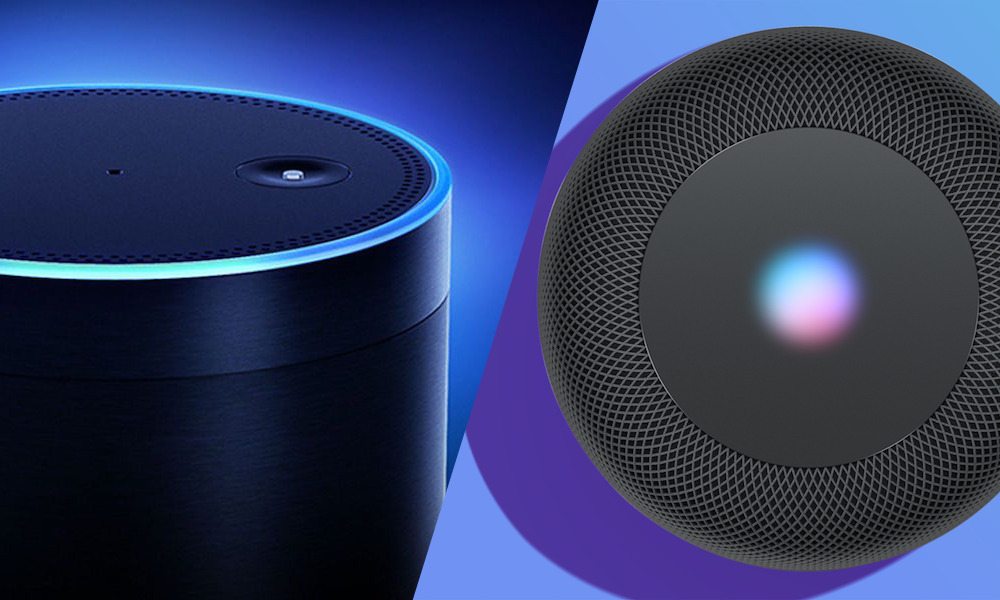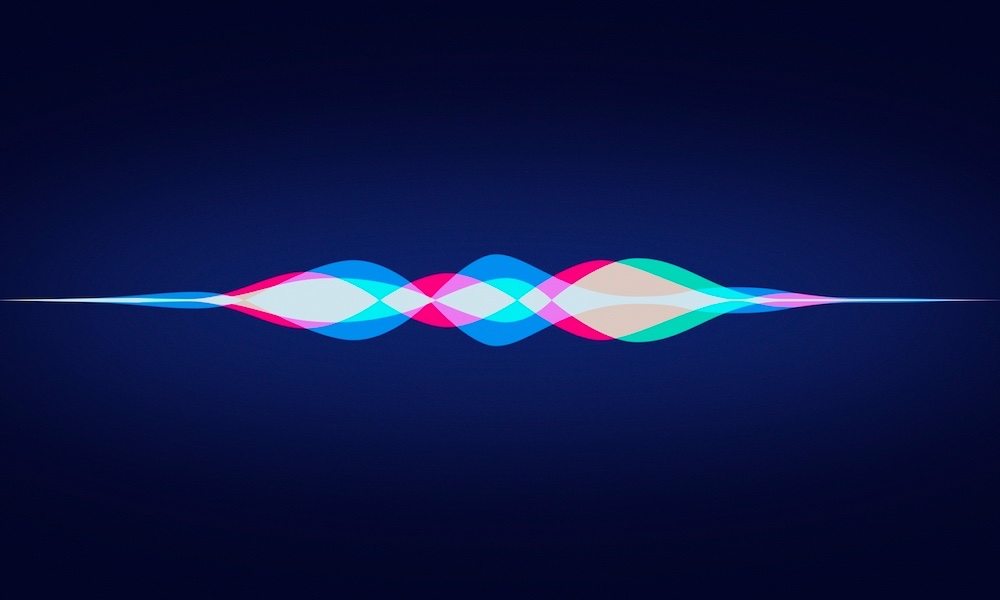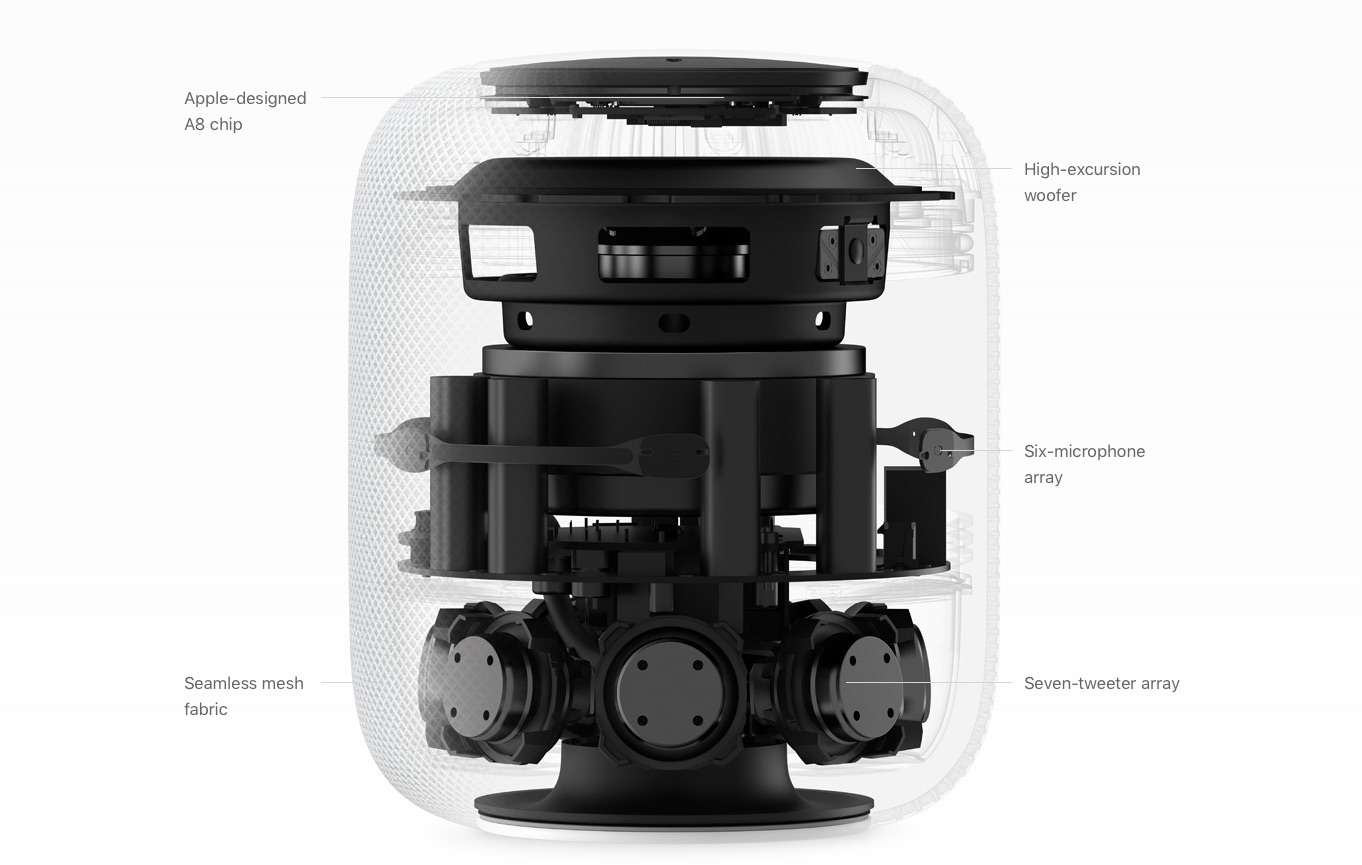February 9th is coming and you know what that means: HomePod is just around the corner. Apple’s latest music gadget is an incredibly small, six-inch-tall speaker with big sound. It boasts a seven-tweeter array and a high-excursion woofer; it also dynamically adapts to the room it’s in, using what Apple calls “spatial awareness.”
In addition to big sound in a tiny package, HomePod also features Siri and Apple Music. Besides being a great virtual assistant, Siri on HomePod can act as your personal DJ and select from millions of songs on Apple Music; or control various aspects of your home using HomeKit.
But even with everything we know about HomePod, there are still some things we don’t know. Luckily, Phil Schiller spent 15 minutes in an interview with Sound & Vision answering some questions regarding the upcoming product. Here is what we learned.
10 Apple Wants to Invent the Future
Steve Jobs often quoted Alan Kay, so it’s probably no surprise that Mr. Schiller likes to quote him, too. When asked where he saw the future of smart speakers headed, he provided this quote from Kay: “The best way to predict the future is to invent it.” Schiller says that he believes Apple is inventing “a new kind of music experience” that’s both fun and interactive. Oh, and it will have Siri, too.
9 Apple Wants Siri to Be Everywhere

Apple really wants us to know this is a music speaker, not another Amazon Echo. But the reality is, it has Siri and many consumers want the HomePod to also function as a virtual assistant. According to Schiller, Siri handles over two billion requests per week. What they’ve learned from Siri is that it shouldn’t be contained to one platform. Instead, Apple wants Siri to be everywhere, from your pocket, to your car, to your wrist, to your home.
“You can listen to the same music, control your home accessories, or ask Siri to do something for you, wherever you are,” says Schiller. It becomes clear from Schiller’s comments that HomePod isn’t about Siri, instead it’s just another product that happens to include Siri—since the overall vision is to have it be everywhere. If you think about it, there isn’t really a current Apple product that doesn’t have or integrate with some form of Siri. Even Apple TV, AirPods, and macOS, now have access to Siri in one way or another.
8 Apple Has an Incredible Team of Audio Engineers Working on All of Their Devices
It’s no secret that Apple loves music and audio, they are constantly finding new ways to miniaturize and include speakers in small spaces on their devices. The iPod, AirPods, Steve Jobs’ love for the Beatles, Apple Music and iTunes, and even Apple’s purchase of Beats, helps illustrate just how embedded music is in their DNA.
In the interview, Schiller refers to Apple’s “team of incredible audio engineers” on a couple of separate occasions. He mentions “the magical AirPods” and the iPhone’s speakers; and, he talks about the quad-speaker system that’s found on the iPad Pro. He explains that engineers worked hard to engineer the iPad so it “dynamically changes the stereo feel depending on how you’re holding it.”
7 Apple Doesn’t Know What Makes HomePod Better Than the Competition

When asked how HomePod will stack up against smart speakers from Amazon, Google, and the like, Schiller continued to pander the idea that it’s easy-to-use, sounds great, and has Siri. But, that really doesn’t answer the question.
To be fair, he just got done explaining that HomePod isn’t really the same as those devices, and that Siri shouldn’t be contained to just one device. But, the fact that audio quality—and price—is the only thing distinguishing it from similar products is a bit disconcerting. Until we get our hands on the device, it’s hard to know how it will stack up. But in someways this seems more like a hobby project for Apple, kind of like the original Apple TV. It’s possible they’re still trying to figure it out for themselves.
6 How Spatial Awareness Works

Sound & Vision pointed out that the device is really small (5.6 inches in diameter) and asked how it produces such large sound. Schiller explained that it’s all about Spatial Awareness: the technology that allows the device to adapt to any room.
According to Schiller, it works by sensing the area around it using the microphone array in conjunction with the A8 chip. Essentially it listens for the reverberations and then adjusts the sound using beamforming technology. “HomePod intelligently beams center vocals and directs energy away from the wall while reflecting the ambient reverb and back-up vocals against the wall for dispersion into the room,” Schiller explains. “The end result is a wide soundstage with a feeling of spaciousness and depth.”
While this “scan” happens the first time HomePod is setup, Schiller says it doesn’t stop there. The device has a built-in accelerator to sense if it’s been moved so it can readapt. “We’ve also done some great things to help minimize the audible side effects of compression artifacts by developing studio level dynamic processing to optimize for rich, clean bass even at loud volumes.”
5 Apple Takes Your Privacy Siri-ously

Bad pun aside, Apple says it won’t be listening to you through HomePod. While discussing how voice recognition works, Schiller explained the HomePod uses deep neural networks to listen for “Hey Siri,” even in rooms with lots of background noise. Because the detection happens on the device itself, no audio data is sent to Apple’s servers until the Siri waveform is displayed on top of the HomePod.
4 Siri Knows What “Dinner Music” is
In addition to respecting your privacy, Siri has brushed up on its knowledge of music. Many sites have been reporting that Siri is now better at pronouncing artists’ names; and, Schiller says Siri learns your music tastes so you can just say “play some music” and get something that you like. Additionally, Siri now understands moods and activities. If you ask Siri to “play some dinner music,” you should be presented with music appropriate for your evening.
3 Siri Understands Over a Dozen Categories
Apple claimed they were working hard to expand Siri to the “domains”—or categories—that mattered most. When asked about this Schiller said that music isn’t the only thing Siri knows well. According to Schiller, Siri “understands dozens of categories.” Here are the ones he listed:
- Music
- News
- Alarms & Timers
- Weather
- Sports
- Messages
Of course, Siri understands many more categories than just those, and it’s always learning new things.
2 HomePod Supports SiriKit
Schiller also brought up SiriKit and explained it’s been included in HomePod. This means third-party apps on your iPhone should work with HomePod.
Additionally, SiriKit on HomePod may help developers to think of new perspectives for Siri in the home. Only time will tell.
1 Apple Still Designs First, Engineers Later

During their discussion of audio engineering, Schiller revealed that Apple still designs products that engineers are expected to make work: “We have an amazing audio team now and with HomePod they were asked to deliver amazing sound from a small, cylindrical design.”
This should be no surprise as Apple has long been known for finding innovative ways to make products work in a particular form. If anything, this just shows that even as Apple grows, they’re still doing things the Apple way.
√ Final Thoughts
HomePod seems like its going to be a really awesome, intelligent speaker, but will it be game-changing? Its high price and lack of some features may make it a hard sell for many potential customers. For example, while Alexa and Google Assistant can recognize different voices, HomePod is tied to one user via iCloud. And, although it’s billed as an excellent speaker, not everyone has $350 to drop on a speaker.
In the end, Apple isn’t targeting the mass market, they’re likely looking for people who love music, love Apple products, and are heavily submerged in the Apple ecosystem. If history repeats itself, subsequent generations of HomePod will likely have more functionality, be better refined, and may even drop a little in price.
With HomePod just around the corner, it’s only a matter of days before we get to see firsthand what HomePod’s all about. You can preorder your HomePod today on Apple’s website.
from iDrop News http://ift.tt/2npMx77
via IFTTT
No comments:
Post a Comment
Note: Only a member of this blog may post a comment.